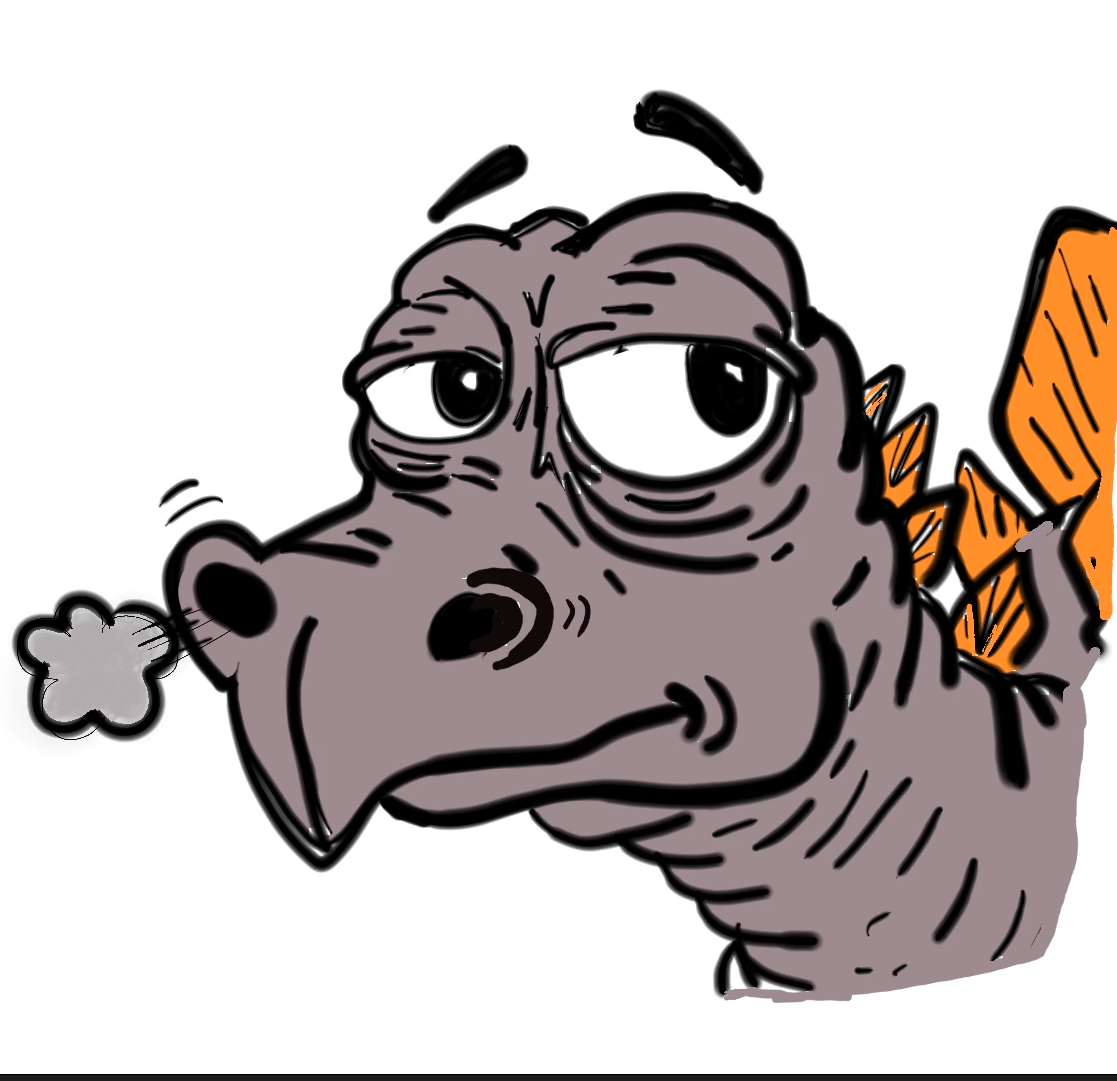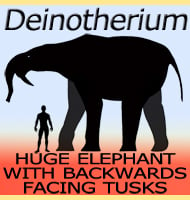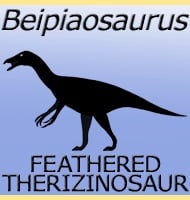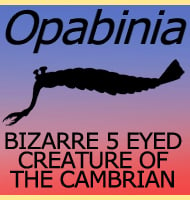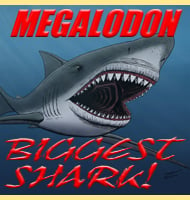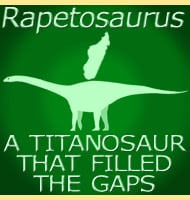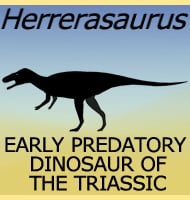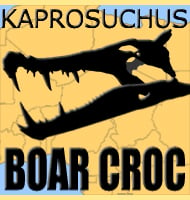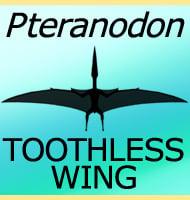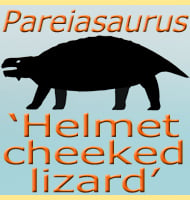In Depth
The level of preservation in the holotype individual of Borealopelta is exceptional to say the least. Somehow this land dwelling dinosaur ended up in being preserved in marine sediment, possible suggesting that this individual may have been washed out to sea, perhaps in some sort of flood or land slide. It is probable that this individual dinosaur drowned. This individual dinosaur eventually sank down to the sea floor ending up resting on its back. This allowed the soft sediment of the sea floor to begin preserving the top half of the dinosaur. This has allowed for not just bones and armour plates which is what we usually get with dinosaurs, but some softer tissues, skin, stomach contents and even melanosomes, the colour pigments within the skin!
To begin, Borealopelta was a nodosaurid dinosaur, a quadrupedal dinosaur with heavy armour plates running down its back. As a nodosaur, Borealopelta would have lacked the tail club that would have been present in its ankylosaur cousins. The bony plates (technically known as osteoderms) would have had a softer keratinous covering. Analysis of melanosomes shows that Borealopelta likely had a reddish brown colour to at least the top half (preserved area) of its body. Borealopelta may have also had a counter shaded pattern that served as camouflage.
The nodosaurs have usually been interpreted as being selective browsers of low growing plants, and the stomach contents of Borealopelta certainly support this long held theory. Most of the plant material within the stomach of this individual Borealopelta were of ferns, and their level of digestion suggests that this individual Borealopelta may have died only a few hours after eating them. The level of growth of these ferns seems to suggest that they would have been within their active growing period when eaten, remarkably revealing that this Borealopelta died during the early-mid-summer months. Charcoal was also found within the stomach leading researchers to suggest that this Borealopelta had been feeding upon the fresh growth of plants that had begun growing in an area recently ravaged by a wild fire.
Further Reading
- Supplemental Information: An Exceptionally Preserved Three-Dimensional Armored Dinosaur Reveals Insights into Coloration and Cretaceous Predator-Prey Dynamics. - Current Biology. 27 (16): 2514–2521.e3. - Caleb M. Brown, Donald M. Henderson, Jakob Vinther, Ainara Sistiaga, Jorsua Herrera & Roger E. Summons - 2017. - Supplemental Information: An Exceptionally Preserved Three-Dimensional Armored Dinosaur Reveals Insights into Coloration and Cretaceous Predator-Prey Dynamics. - Current Biology. 27 (16): 2514–2521.e3 - Caleb M. Brown, Donald M. Henderson, Jakob Vinther, Ainara Sistiaga, Jorsua Herrera & Roger E. Summons - 2017. - An exceptionally preserved armored dinosaur reveals the morphology and allometry of osteoderms and their horny epidermal coverings. - PeerJ. 5: e4066. - Caleb M. Brow - 2017. - Dietary palaeoecology of an Early Cretaceous armoured dinosaur (Ornithischia; Nodosauridae) based on floral analysis of stomach contents. - Royal Society. 7 (6): 200305. - Caleb M. Brown, David R. Greenwood, Jessica E. Kalyniuk, Dennis R. Braman, Donald M. Henderson, Cathy L. Greenwood & James F. Basinger – 2020.
